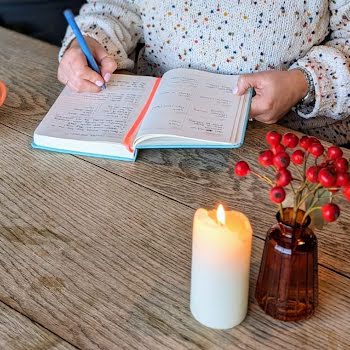Ask the Doctor: ‘My 7 year old son is still wetting the bed most nights. Are there potential medical causes, or is this something that will go away with time?’
By Sarah Gill
25th Oct 2022
25th Oct 2022
All your burning health questions answered by the professionals.
“My 7-year old little boy started first class in primary school last month and he seems to be enjoying it. However, he is still wetting the bed most nights. I have spoken to his teacher who says he’s getting on well and is monitoring his liquids. He is getting upset about it so I am trying to be discreet about it and not make a big deal about it. Are there potential medical causes or is this something that will go away with time once he settles in to the new routine?”

Answer from Mr Fardod O’Kelly, Consultant Paediatric, Adolescent and Reconstructive Urological Surgeon, Beacon Hospital
Advertisement
Bedwetting – also known as nocturnal enuresis – is a very common symptom in children affecting up to 20% of 5 year olds, and 5-10% of 10 year olds. Even 1–2% of teenagers still wet the bed on a regular basis. Boys seem to be affected twice as commonly as girls. If you do nothing, then this will naturally get better at a rate of 15% per year. It can be a very stressful time for both the child and their caregivers.
Bedwetting can influence relationships with friends and family, and therefore treatment is advised from the age of 6-7years old depending on mental status, family expectations, social issues, and cultural background. Parents seem to worry most about social impacts, the effect on class trips/sports tours. A lot of guilt and a sense of helplessness is shouldered by them.
If the child has previously been dry at night for a period of 6 months or more, bedwetting is known as secondary enuresis, if not it is known as primary. It is also important to take into account daytime symptoms as they may affect both. If bedwetting is also associated with daytime symptoms, it is known as non-monosymptomatic. There is a clear genetic history for bedwetting. If one of the parents had delayed dryness, the risk is 44%. If both parents were affected, the risk is 77%.
There are a number of things to consider as a paediatric urologist before settling on a diagnosis of isolated bedwetting. The first thing to consider here is whether there are associated daytime bladder and bowel symptoms as these are modifiable and will definitely have an impact on nocturnal storage and voiding.
There is a strong association between urine production at night and childhood obstructive sleep apnoea, or enlarged tonsils and/or adenoids. There is also a link between allergies and night-time wetting. Those patients with obesity, or who have been diagnosed with autism spectrum disorder are less likely to respond to treatment.
It is important to remember that secondary nocturnal enuresis (previously dry for 6 months) may be associated with stress, anxiety and/or depression. It’s important to have a frank discussion with parents and children (sometimes separately) to assess if there are any issues within home/school such as bullying, neglect, psychological/physical abuse, or stressful events which can range from marital disharmony/breakdown to the arrival of a new sibling.
Advertisement
The first step in management is always to educate and reassure both the child and the caregiver. You should acknowledge the potential negative impacts this is having on the family, and extended social units. It is important to get buy-in the child and caregivers, as this will affect both compliance and outcomes.
Have a question for the professionals you’d like answered? Get in touch with sarah.gill@image.ie with the subject headline ‘Ask The Doctor’.





















